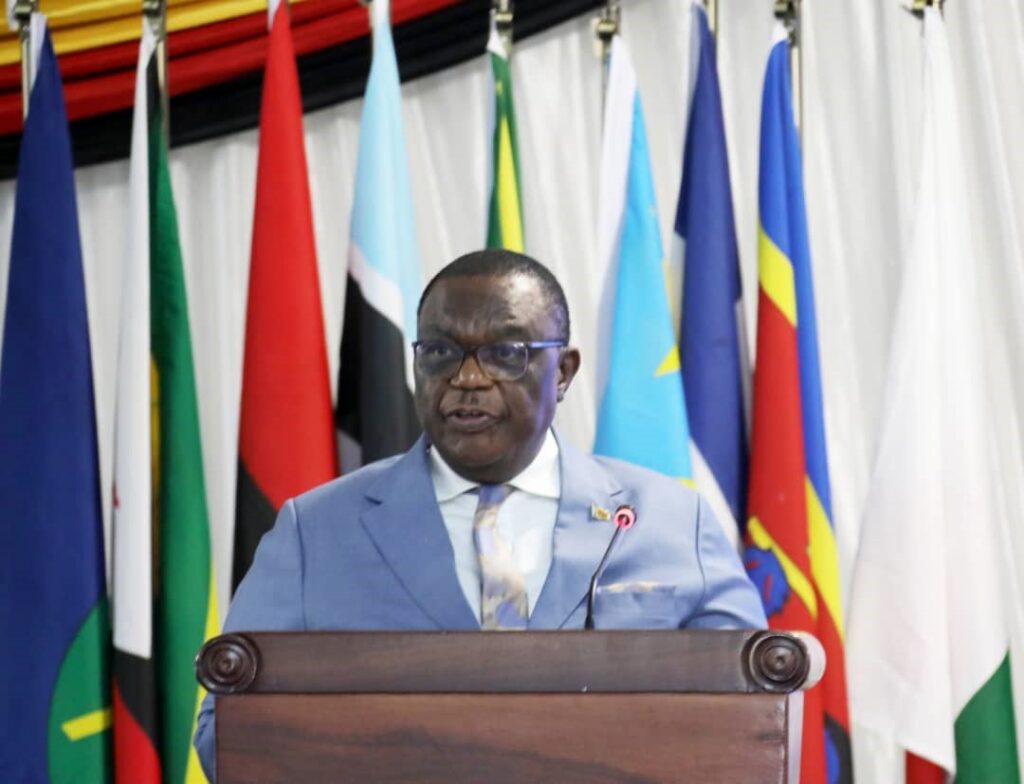SADC Ministers Review Progress on Strengthening Disaster Risk Management in the Region
SADC Ministers Responsible for Disaster Risk Management gathered in Victoria Falls to assess the progress of disaster risk management (DRM) initiatives in the region. The meeting was led by Zimbabwe’s Vice President, Honourable General (Retd) Dr. C. D. G. N. Chiwenga, who emphasized the importance of disaster preparedness through robust early warning systems, effective coordination, and capacity building.
Dr. Chiwenga urged SADC Member States to fast-track the implementation of DRM interventions aligned with the Sendai Framework for Disaster Risk Reduction (SFDRR), focusing on reducing risks and building resilience. He also stressed the need for timely reporting on disaster impacts to enable prompt responses and action.
Honourable Daniel Garwe, Zimbabwe’s Minister of Local Government and Public Works, highlighted the growing frequency and severity of natural and human-induced disasters, exacerbated by climate change. He called for enhanced regional and national efforts to manage these risks and strengthen disaster preparedness.
Ms. Angele Makombo N’tumba, SADC Deputy Executive Secretary for Regional Integration, underscored the urgent need for humanitarian assistance due to the severe drought caused by El Nino. She also warned of the transition to a La Nina phase, which could lead to torrential rains, floods, and landslides.
The Deputy Executive Secretary urged Member States to develop contingency plans and allocate resources to protect developmental gains and support vulnerable communities.
The Ministers also reviewed the addendum to the SADC Humanitarian Appeal, expressing appreciation for the support of international partners. They urged continued support for the El Nino drought response and called for lessons learned in the appeal’s implementation to be integrated into future efforts.
The meeting addressed food and nutrition security in the region, urging Member States to take proactive measures to address food shortfalls and protect vulnerable households. The Ministers directed the SADC Secretariat to assess the potential impacts of La Nina on food security for the 2024/2025 season.
The Ministers also welcomed outcomes from a recent strategic meeting on Forced Displacement, Fragility Mitigation, and Climate Resilience, and committed to further action on these issues. They also urged the adoption of anti-corruption measures in disaster preparedness and response, as outlined in the 2023 Anti-Corruption Report.
Looking ahead, the Ministers acknowledged the weather projections for the upcoming tropical cyclone season and the potential impact of La Nina. They approved the draft Drought Resilience Building Programme and urged all Member States and partners to support its rollout.



